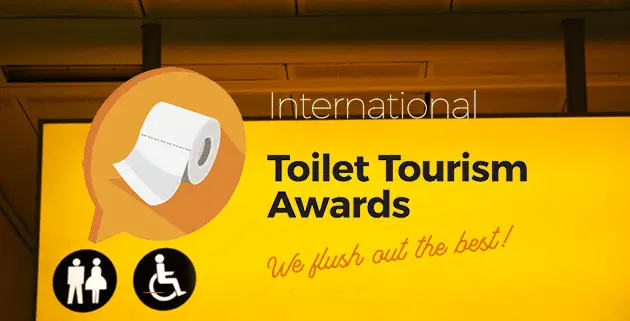Tapping into Data for Enhanced Tourism Experiences
JOHANNESBURG, South Africa, 20 September 2018 – It’s no secret that technology is changing the way in which we do tourism. It’s possible to research, plan, pay for and execute a trip using little more than a mobile device. Large tourism enterprises across the globe are snapping up apps, business solutions and more to ensure that they’re part of the digital revolution, but are these emerging technologies translating to an excellent visitor experience? By Wynand Smit.
The hotel that talked
Internationally, large hotel groups are in the process of introducing smart hotel rooms and other forms of technology designed to make the visitor experience a streamlined one, reducing the need for human interactions. These range from website and app chatbots, keyless entry via mobile devices and even the smart hotel room, in which voice commands can arrange everything from a wake-up time (with gentle blue lighting) to music or blinds being opened. Visitors can even select what artwork they’d like to have on the walls. The truth is, it’s not the hotel speaking, but the guest, and that’s essential to recognise since your guest must still have the facility to provide feedback.
These kinds of experiences reduce the need for human interactions, but not entirely – behind the scenes, a dedicated team will be monitoring and actioning anything that needs to get done. The team is as important to the execution of such a strategy as the solutions since the team can work in response to insights derived from data, as well as emotional responses to challenges that the visitor may have. In short, the technology is there to enhance what is, at its heart, a very human experience.
“Robots allow our employees to work safely, faster, and at less cost”. Dennis Muilenburg.
Seamlessness in hospitality is the ultimate goal – a guest enjoying an uninterrupted experience from beginning to end, whether in the hotel property or on the airline to interacting with the contact centre for queries, no matter what channel is being used, voice, email, chat, chatbot, etc., the visitor must experience service excellence that includes being able to get resolution from contact. The challenge to hospitality organisations such as hotel groups or airlines is in ensuring that this is possible by centralising communication (and, of course, the data that accompanies it), and by making that information available to those who require access to it.
Travel tech must enhance operations, and those introducing solutions must continue to have options available that suit a non-tech customer, so if your customer prefers to make contact via voice calls, don’t cut that channel. Not all customers have adapted to new ways of doing business, so ensure that you’re catering to their needs, too.
The most stand-out benefit of working with data-based insights is your ability to personalise what you’re offering to customers; if the metrics are right, you can get closer to a single view of the customer. That is akin to having a hotel concierge with a photographic memory, one who’s not only able to remember guests’ names, but their travel preferences – what days they prefer to travel, what food they like to order, how they prefer to pay and whether or not they’re part of a loyalty programme. That’s information that allows you to launch more effective marketing campaigns and tailor service and product offerings to suit customer preferences better.
To answer the question, then, travel tech holds immense opportunities for the progressive travel business, provided that the customer experience is closely woven throughout the entire business strategy.
Wynand Smit is CEO of INOVO, a leading contact centre business services provider.





